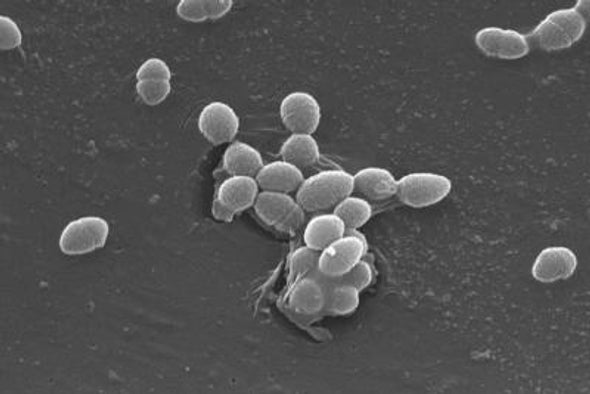This is Scientific American — 60-Second Science. I'm Christopher Intagliata.
Immigrants to the U.S. might lose touch with certain customs and traditions back home. But here's something else they lose: their microbes. "When they came to the U.S. almost immediately they began losing their native microbes." Dan Knights, a computational biologist at the University of Minnesota. "And over time the balance shifted to the point where they were dominated by the U.S. associated microbes."
He's referring to first- and second-generation immigrant women, from the Hmong and Karen ethnic minorities in southeast Asia. His team sequenced the DNA found in their feces. And they saw that there was an immediate decline in the number and diversity of gut microbes among the immigrants, compared to their counterparts still living back home. And the decline continued over time.

If you're thinking, well, maybe the women just switched up their diets — started eating more hamburgers, more bacon and eggs? Dietary surveys don't bear that out. The women weren't changing their diets nearly fast enough to explain the drop in diversity. "So it seems as though there's something else going on that has to do with the U.S. lifestyle... Antibiotics could be playing a role. The water supply could be playing a role. It could be other aspects of lifestyle, stress, exercise, hygiene. But we don't have enough information yet to be able to pin it down." The results are in the journal Cell.
Some of the missing microbes helped digest traditional foods like tamarind, palm and coconut. But the consequences could be more severe than indigestion. "We have evidence from many studies now, especially even causal evidence in a number of animal studies, that having the wrong set of microbes, or missing the right set of microbes, can cause many of the diseases that are rising in industrialized nations." Things like obesity, metabolic disease. Which we might be able to fix, he says, if we're able to solve this microbial mystery.
Thanks for listening for Scientific American — 60-Second Science. I'm Christopher Intagliata.












